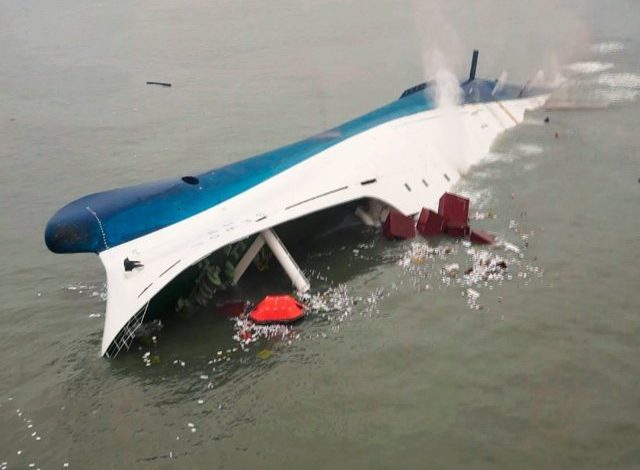Shipping must prepare for new media landscape and ‘the tyranny of real time’

The shipping industry needs to get its head around the dramatically altered media landscape very fast or face the wrath of the public, a media expert told delegates attending the Danish Maritime Forum in Copenhagen today.
Nik Gowing, a veteran broadcaster who most recently served as an anchor on BBC World News and is now a visiting professor at King’s College London, gave a startling presentation, which gripped those attending as he highlighted the perils of getting your media message wrong, with clips from the Sewol, Costa Concordia, BP and the Tianjin chemical explosion as examples of what he described as the “tyranny of real time”.
“It is the planet of the phones,” he said, a reference to a recent Economist article.
The new media environment, Gowing said, was both ruthless and uncomfortable.
“It is about the immediacy of being able to record and upload in a matter of moments,” he said.
Noting the Korean ferry disaster, the Sewol, he observed how passengers were broadcasting out as the accident happened something that has created enormous challenges for the current president and the local shipping industry.
“We are talking about a new transparency, a new visibility,” he said.
The head of Yahoo said recently people are using their phones at least 150 times a day.
“This is chilling as you have to think that someone somewhere is constantly recording,” Gowing said.
“It is forcing a new kind of accountability – the public often knows about events before you,” he added.
